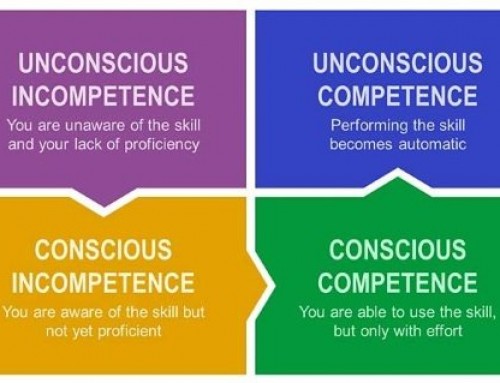The Habits of Mind were derived from research done by Emeritus Professor Art Costa of California State University. They are defined as:
The dispositions that are skilfully and mindfully employed, but characteristically successful people, when confronted with problems, the solutions to which are not immediately apparent.
Put simply, they are how successful people use their minds when confronted with challenges.
There are 16 Habits of Mind – and you’re not likely to be surprised by any of them.
They are:
- Persisting
- Managing Impulsivity
- Listening with Empathy and Understanding
- Thinking Flexibly
- Thinking about your Thinking (Metacognition)
- Striving for Accuracy
- Questioning and Posing Problems
- Applying Past Knowledge to New Situations
- Thinking and Communicating with Clarity and Precision
- Gathering data through all senses
- Creating, Imagining and Innovating
- Responding with Wonderment and Awe
- Taking Responsible Risks
- Finding Humour
- Thinking Interdependently
- Remaining Open to Continuous Learning
In many ways they are common sense. But what isn’t common sense is that they are not simple one-dimensional actions. Each of these dispositions can be developed, honed, extended and applied in increasingly sophisticated and effective ways.
As you travel the road to excellence the trick is not to “use” your habits of mind, but rather to improve them. It is likely that your Habits of Mind have served you well – up to a point – but in order to confront ever greater challenges you must extend your Habits of Mind so you can more perform more effectively in the face of these challenges.
Successful people have very well developed Habits of Mind. They do not merely “Persist”, they are able to do so in ways that most of us can’t. They have great skills at working Interdependently in teams. They manage their impulsivity very well, and at the appropriate times. Successful people don’t simply use their Habits of Mind; they use them very well.
As we progress through this series I’ll show you first how the Habits of Mind relate to what we understand about the path we must take to achieve success (as described by Covey, Coyle, Gladwell, Ericsson, Dweck and others), and then how you can develop your own Habits of Mind in order to become more effective.
You can download a summary of the Habits of Mind below, or receive a free email mini course on the Habits of Mind on mindfulbydesign.com.







Leave A Comment
You must be logged in to post a comment.